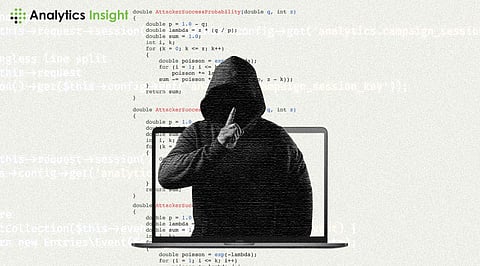

In an era where cybersecurity is paramount, hackers play a crucial role in identifying vulnerabilities, strengthening defenses, and shaping the future of digital security. To become proficient in the art of hacking, aspiring hackers need to master a variety of programming languages that are essential for understanding, exploiting, and defending against cyber threats. In this article, we'll explore some must-learn programming languages for future hackers and why they're indispensable in the world of cybersecurity.
Python is often considered the Swiss Army knife of programming languages for hackers due to its versatility, simplicity, and extensive libraries. Python's readability and ease of use make it ideal for rapid prototyping, automation, and scripting tasks. From network scanning and penetration testing to creating malware and developing security tools, Python is a staple language for hackers of all levels.
JavaScript is another indispensable language for hackers, particularly for those interested in web application security and exploit development. JavaScript powers the frontend of most websites and web applications, making it essential for understanding client-side vulnerabilities, cross-site scripting (XSS) attacks, and browser exploitation techniques. Additionally, JavaScript is used in conjunction with HTML and CSS to create dynamic and interactive web content, making it crucial for web security assessments and ethical hacking.
For hackers delving into low-level programming and reverse engineering, C and C++ are indispensable languages. These languages provide fine-grained control over system resources, memory management, and hardware interactions, making them well-suited for writing exploits, developing rootkits, and analyzing malware. Understanding C and C++ is essential for dissecting binary executables, debugging vulnerabilities, and uncovering hidden threats lurking within software systems.
Structured Query Language (SQL) is essential for hackers interested in database security and exploiting SQL injection vulnerabilities. SQL injection is a common attack vector that allows hackers to manipulate databases and execute arbitrary SQL queries by injecting malicious code into input fields. By mastering SQL, hackers can perform database enumeration, extract sensitive information, and escalate privileges within compromised systems.
Although often considered challenging, learning assembly language is invaluable for hackers aiming to understand the inner workings of computer systems and exploit hardware-level vulnerabilities. Assembly language provides a granular view of processor instructions, memory management, and system architecture, allowing hackers to develop exploits targeting specific CPU architectures and operating systems. Familiarity with assembly language is essential for reverse engineering binaries, analyzing shellcodes, and bypassing security mechanisms.
As the cybersecurity landscape continues to evolve, hackers must equip themselves with a diverse skill set and a deep understanding of programming languages relevant to their craft. Python, JavaScript, C/C++, SQL, and assembly language are just a few examples of essential languages that hackers should master to navigate the complexities of cybersecurity effectively. By honing their programming skills and staying abreast of emerging threats and technologies, future hackers can make significant contributions to the security of digital systems and infrastructure. Remember, with great power comes great responsibility. Ethical hacking is about using your skills for good and making the digital world safer for everyone.
Join our WhatsApp Channel to get the latest news, exclusives and videos on WhatsApp
_____________
Disclaimer: Analytics Insight does not provide financial advice or guidance on cryptocurrencies and stocks. Also note that the cryptocurrencies mentioned/listed on the website could potentially be risky, i.e. designed to induce you to invest financial resources that may be lost forever and not be recoverable once investments are made. This article is provided for informational purposes and does not constitute investment advice. You are responsible for conducting your own research (DYOR) before making any investments. Read more about the financial risks involved here.
